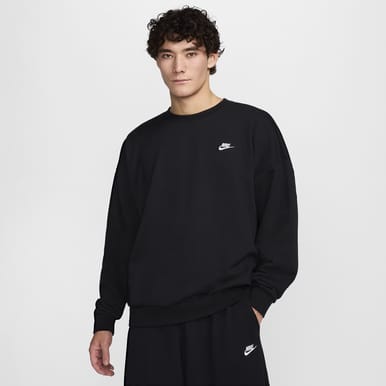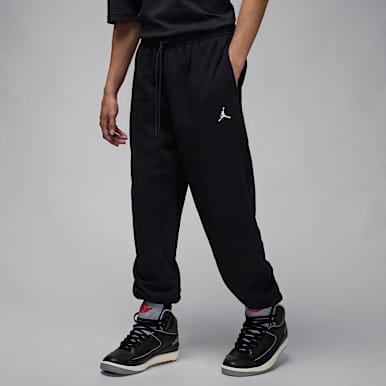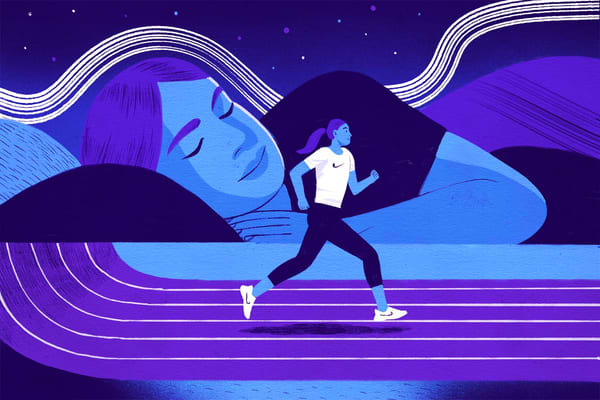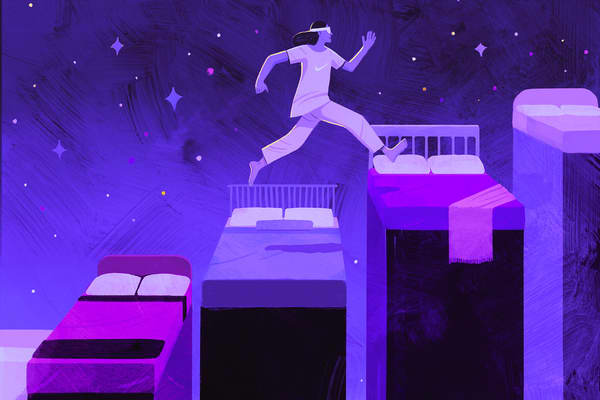Are Naps Good for You? Experts Explain
Health & Wellness
Sleep specialists delve into the argument of whether naps are beneficial or detrimental to overall health.

Many people don't have time for sleep other than their allocated bedtime window, but there are a few potential benefits of naps—no matter how short. Below, sleep experts outline the pros and cons of taking a nap, in addition to identifying exactly how long a nap should be to ensure quality sleep later on.
Are Naps Good for You?
"Generally speaking, yes, naps are good and healthy", said Chris Winter, MD, author of "The Sleep Solution", and medical director of Martha Jefferson Hospital's Sleep Medicine Center. "For the most part, naps are a good addition to someone's life", he said.
However, naps may not be a good solution for everyone. In fact, they can hinder someone's overall health if they are being used in place of actual rest, whether that's at night or during the day (depending on your work schedule), he added.
The Benefits of Naps
People who are opposed to naps may regard them as the antithesis of productivity. But according to Winter, napping can improve workplace productivity, focus and mood.
"Typically, a person who takes a 30-minute nap in the middle of the day is going to have a more productive afternoon than someone who tries to crank through morning to night", he said.
In fact, a study published in a 2021 issue of the International Journal of Environmental Research and Public Health found that afternoon naps are linked to improved cognitive performance and alertness. Meanwhile, a pilot study published in a 2015 issue of the journal Personality and Individual Difference found that napping reduced impulsivity and increased tolerance.
Potential Pitfalls of Taking a Nap
There is nothing inherently bad or unhealthy about napping, according to Winter. But some research suggests that frequently taking naps is associated with an increased risk for certain health conditions.
For example, a 2022 study in the journal Hypertension found that napping on a regular basis was linked with a 12 percent higher risk of developing high blood pressure—and a 24 percent higher risk of having a stroke. Another recent study, published in a 2022 issue of the European Journal of Neurology, reported a similar relationship between daytime napping and incident stroke.
However, Winter explained that naps themselves aren't the issue. "Regularly needing a nap may indicate that you are consistently sleeping poorly at night", he said, which could indicate a chronic sleep condition like insomnia or chronic stress. Said differently: naps can be detrimental to your overall health if you're taking them to make up for consistently poor sleep.
"You can't routinely substitute nighttime sleep with a nap", said Shelby Harris, a licensed clinical psychologist and clinical associate professor of neurology and psychiatry at Albert Einstein College of Medicine.
If you short-change your nighttime sleep on a regular basis, you risk not getting the proper amount of light and deep REM sleep on a regular basis, she added. Long term, this can increase your risk for a host of health problems such as obesity, cardiovascular disease and even mortality.
What Needing a Nap May Tell You About Your Health
If you sleep well at night, a power nap of 20 minutes in the early afternoon can be beneficial for productivity, energy and mood,
"If you can't get through most days without multiple naps or find naps unrefreshing, you should talk with a sleep doctor", she said. These could be signs of sleep apnoea or another chronic sleep or health condition.
5 Tips on How to Take a Good Nap
The length of the nap, the time of day you take said nap and sleep hygiene can all influence the quality of your nap.
1.Keep Naps Short and Sweet
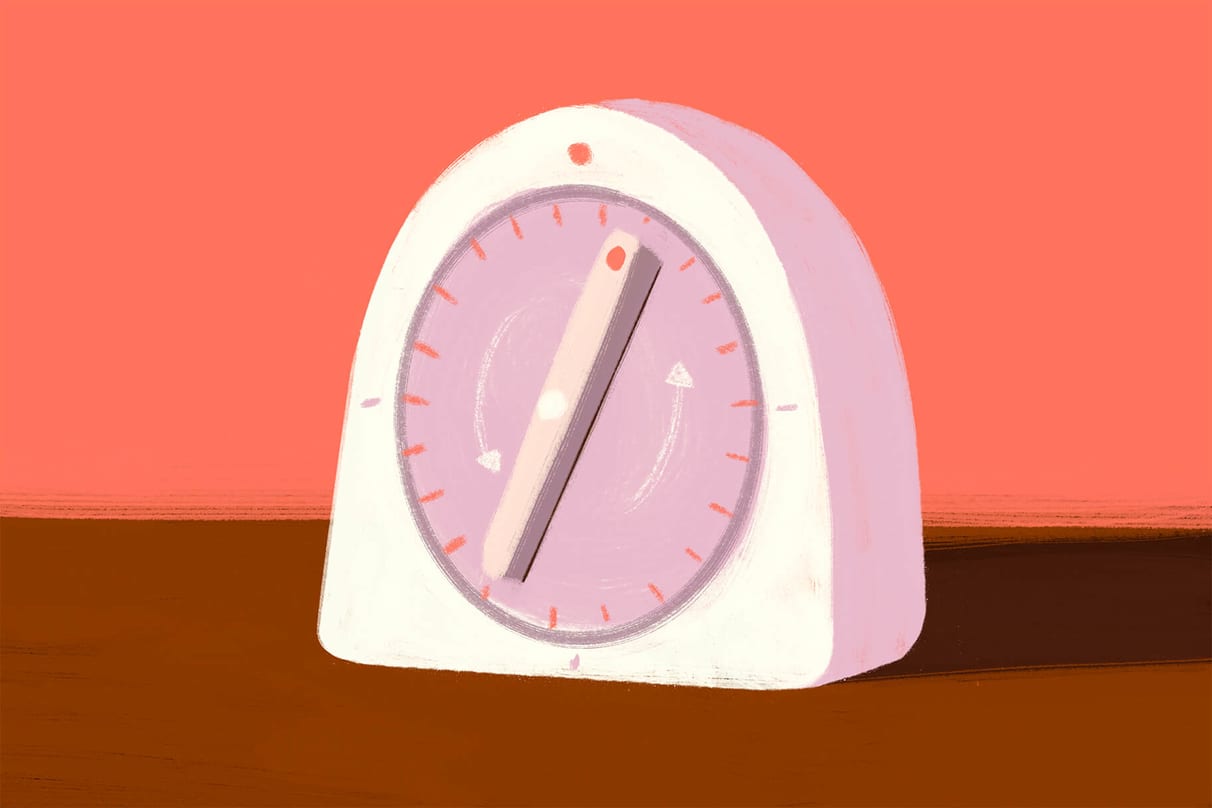
Naps are like wedding speeches, they need to be the right length. If your nap is too long (but not as long as a full sleep cycle), you risk waking up in the middle of a sleep cycle, Winter explained. "If you rise in the middle of the deep sleep part of your sleep cycle, you could wake feeling groggy", he said.
So, how long should a nap be? For most people, Winter said a 15- to 20-minute power nap is usually the sweet spot. Because falling asleep takes on average 10 minutes, Harris recommended setting a timer for 30 minutes.
2.Pick the Right Time of Day to Nap

If you work a traditional nine-to-five job, napping in the early afternoon is best, according to Winter.
Napping between 1pm and 2pm works well for most people. "When you wake up, you get a burst of cortisol that helps you feel energised", he said. Assuming that you wake up around sunrise, by mid-afternoon your cortisol levels will start to drop, which can result in an afternoon lull that leaves you craving a midday nap.
If you need a nap earlier in the morning, Winter said this could be a sign you need more quality sleep at night. And, if you nap later than that, it could end up interfering with your ability to fall asleep later in the evening.
(Related: 10 Nike Women's Shirts Comfortable Enough to Sleep In)
3.Prep Your Room Appropriately

For the most effective nap, you should implement all the strategies you use at bedtime, Harris said. That means, you're going to want to draw your blinds, turn on your sound machine, slip into your pyjamas and wear an eye mask—or whatever it is you do to prepare for restful sleep, she said.
4.Consider Adding Coffee Into the Mix

A coffee nap combines the powers of caffeine and a power nap by timing them perfectly.
"A coffee nap involves drinking coffee, then taking a 20-minute nap", Winter said. The idea is that you'll wake just as the caffeine hits, so that you get a double burst of energy.
It may sound counterintuitive to combine caffeine with sleep, but research has suggested that coffee naps are better than either coffee or naps on their own.
To try a coffee nap, pick a coffee drink that you can drink relatively quickly. Set a 20-minute timer, then allow yourself to drift off. By the time the alarm goes off, you should feel ready to boogie.
5.Create a Post-Nap Routine

Nothing is harder than going right from dreamland to work mode. That's why Winter said she recommends creating a ritual to do after a nap to help make the switch mentally.
For some people, drinking a glass of water may be enough. For others, it may be more beneficial to wash your face and brush your teeth, change into a different set of clothes or complete a short stretch routine.
(Related: 5 Simple Ways to Create a Relaxing At-home Yoga Space)
Words by Gabrielle Kassel





